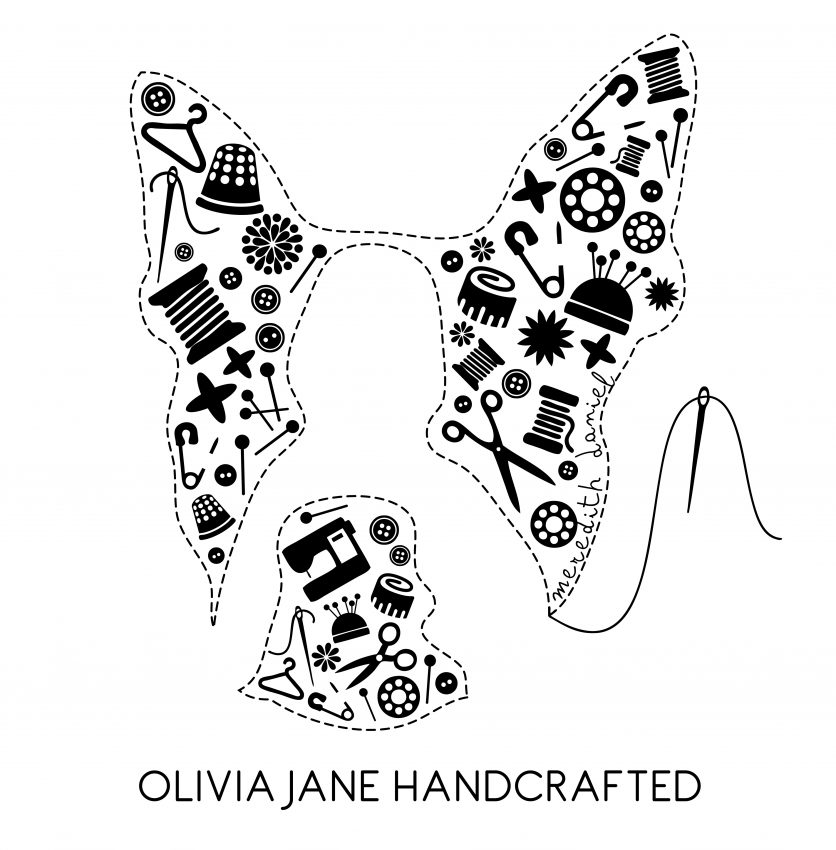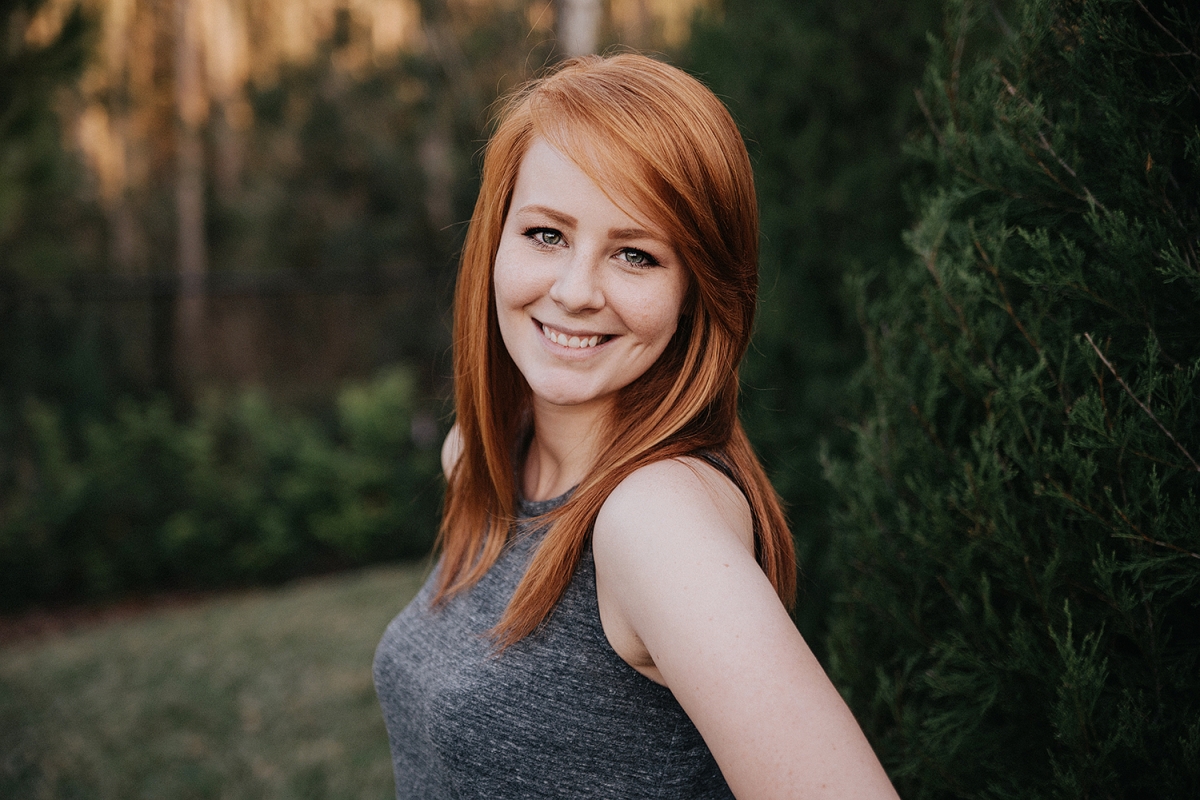.png) A drawstring backpack is such a useful bag for everyday life whether you are a three year old scavenging for treasures at the park, a parent juggling kids on a family outing, or perhaps to hold a favorite project that you pick up in the quiet moments of the day. They also make stellar, eco friendly packaging for gifts! And you know what the best part is? They are incredibly EASY to make. In fact, I bet you’ll be whipping up all sorts in no time for everyone you love.
A drawstring backpack is such a useful bag for everyday life whether you are a three year old scavenging for treasures at the park, a parent juggling kids on a family outing, or perhaps to hold a favorite project that you pick up in the quiet moments of the day. They also make stellar, eco friendly packaging for gifts! And you know what the best part is? They are incredibly EASY to make. In fact, I bet you’ll be whipping up all sorts in no time for everyone you love.
This is an easy project that will take just about an hour. I’ll be using my Janome Skyline S9 for this project.
I am demonstrating a Little Kids size, but below you will find a cutting guide for Big Kids and Adults and the instructions are the same, except that you will increase the length of the straps, which will be noted. You could also use cording or ribbon for straps if you prefer to do that.
Materials:
| Little Kid | Big Kid | Adult | |
| Main fabric | (2) 9.5×10” | (2) 11×12” | (2) 14×15.5” |
| Lining | (2) 9.5×12.5” | (2) 11×14.5”` | (2) 14×18” |
| Straps | (2) 2”xWOF | (4) 2”xWOF | (4) 2”xWOF |
| Grommets | 2 | 2 | 2 |
I use a grommet setter for this project, which I highly recommend if you will be using them very much. It takes the headache out of the process! I use this one. .png)
Step 1 : make the straps
If you are making the Big Kid or Adult size, go ahead and sew two straps together on the short ends. Repeat with the other two straps. Continue with following instructions.
Fold your straps in half lengthwise and press. Open and press each raw edge to the center crease. Refold so that your raw edges are completely enclosed, and edgestitch the length of the straps (about 1/8″ seam allowance).
Set straps aside.
.jpg)
Step 2 : Sew the bag
Place your lining and exterior fabric right sides together and sew along the top edge with a 1/4″ seam allowance. Repeat with remaining main and lining pieces. .jpg)
Press seam up toward the lining piece. .jpg)
Lay your two bag pieces right sides together. Pin right at the folded seam allowance, and again 3/4″ away from the first pin on the lining side. Repeat on either side of the bag. See photo below. You will not be stitching in between these pins in the next step. .png)
Beginning at the bottom of the lining section, we will be sewing around the bag, but we will be leaving three openings. The first and largest will be at the bottom of the lining so that the bag can be turned, and the second and third will be in the areas that we pinned so that we can insert the straps. Now about 2″ from the edge of the lining, begin stitching (and backstitch) using a 1/4″ seam allowance. When you get to the corner, lower your needle, raise your presser foot, and pivot your fabric to the long side and continue stitching until you reach the first pin, then backstitch and cut your thread. Begin stitching again at the second pin, backstitch, and continue around the main section of the bag until you reach the first pin on the other side. Backstitch, cut thread, and begin stitching again after the second pin. Stitch from there until you are about 4-5″ away from where you started, and then backstitch and cut your thread. You will need that several inches at the bottom to properly turn your bag. .jpg)
Clip all four corners of the bag..jpg)
Turn your bag right side out and carefully press the corners of the main bag, and press the seam allowances of the lining so that it will be easy to stitch closed. .jpg)
Using a 1/8″ seam allowance, stitch the opening of the lining closed. .jpg)
Now put the lining into the main bag. You will know you have done this properly when you have aligned the corners of the lining into the corners of the main bag. Press in place. Pin down the corners to keep them aligned as you sew during the next step..jpg)
Step 3 : make casing for straps
At this point, I like to remove the storage compartment on my machine so that I can get the bag all the way around the throat plate. It just makes for easier sewing, but it’s not necessary if you don’t want to do it this way. Begin sewing 1/4″ away from the seam where the lining and main fabric meet. Sew all the way around. .jpg)
Then sew 1/4″ away from the top fold of the bag, all the way around. .jpg)
You now have a casing for your straps. We will not put them in quite yet.
Step 4 : insert grommets
Grab your grommets, and we will insert those. I very highly recommend a grommet setter for this part. If you insert grommets a little or a lot, its just a useful tool to have that makes the job so much easier than the little tool you have to hammer that is included with some grommets. I use this one. .jpg)
Mark your hole for grommet insertion about 3/4″ in from your bottom corner. Make sure your hole goes through all four layers of the fabric. .jpg)
Insert your grommet and clamp it down (or hammer with the little tool if that is what you are using). .jpg)
Step 5 : insert straps and finish backpack
Now attach a safety pin to one end of one of your straps and thread it through one of the holes at the top. Try to keep it from twisting up as you thread it around the casing, and bring it back out the same hole. Adjust the strap so you have the same amount of tails hanging out. .jpg)
Repeat with the remaining strap, but thread it though and out the opposite side. .jpg)
Bring the straps from the back and out the front of the grommets and tie a generous, tight knot to secure. Repeat with remaining side. .jpg)
Your bag is now complete! Go have an adventure!.png)
In the coming weeks, I will be showing several ways to customize this bag including embroidery, hidden zippered pockets, and a few other goodies! If you make this bag, do tag me (@thefooshe on Instagram) so I can see your bag! You can also use tags #oliviajanehandcrafted #janomemakes #madewithJanome
Want more FREE projects? Check out my Projects and Tutorials page for hours of sewing fun!
-Meredith


Thank you for sharing. I needed a simple and understandable pattern and you provided just that !!!
What does “WOF” mean? I couldn’t find a definition . . . thanks!
Width of fabric, which is selvege to selvege! Standard is 44″ or 54″ or 60″ for most fabrics!